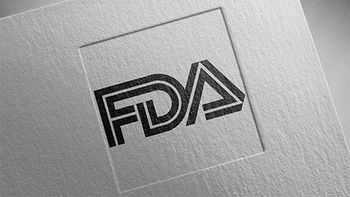
Intelleflex offers combined tag/temperuature reader with cloud-based data service for cold chain monitoring
RFID-based system is said to provide lower-cost option that is better integrated into supply chain processes
Intelleflex (Santa Clara, CA) made a
BAP technology, as designed in Intelleflex’s XC3 technology, enables an RFID tag to transmit a message only when energized by the reader (the “passive” aspect). And RFID technology generally allows for communications to occur wirelessly (with a distance of up to 100 meters between the reader and the tag) and without requiring a case or pallet to be opened up, thus facilitating both data transfer and efficient distribution-center operations. Intelleflex’s technology is said to cost one-third to one-fifth that of active battery-assisted tags, which send a message continually out to a reader. The XC3 platform meets ISO-1800-6:2010 and EPC C1G2 standards (thus enabling other compliant tags to be read.)
The Zest data service operates on top of Amazon Web Services, the cloud platform with worldwide access, and allows for a variety of data formats to pass through corporate firewalls and to be extracted and analyzed. In theory, a pharma manufacuturer could install the CMR-6100 at, say, a customer storage facility and, with the proper access codes and coding, retrieve shipment data automatically. According to Kevin Payne, marketing director at Intelleflex, a key capability for the XC3 platform is to analyze for “time out of refrigeration” (ToR) for a shipment, thus enabling trading partners to measure ToR and compare it to the stability data of the product in the shipment. This, in turn, could streamline both inventory and restocking processes, and enable returns to be made with an evaluation of whether returned product is suitable for re-introduction into the supply chain.
Intelleflex is working with two environemtnal and condition-monitoring organizations, Antaris Solutions BV (Doorn, Netherlands) and DeltaTrak (Pleasanton, CA), to commercialize the technology.
Newsletter
Stay ahead in the life sciences industry with Pharmaceutical Commerce, the latest news, trends, and strategies in drug distribution, commercialization, and market access.




